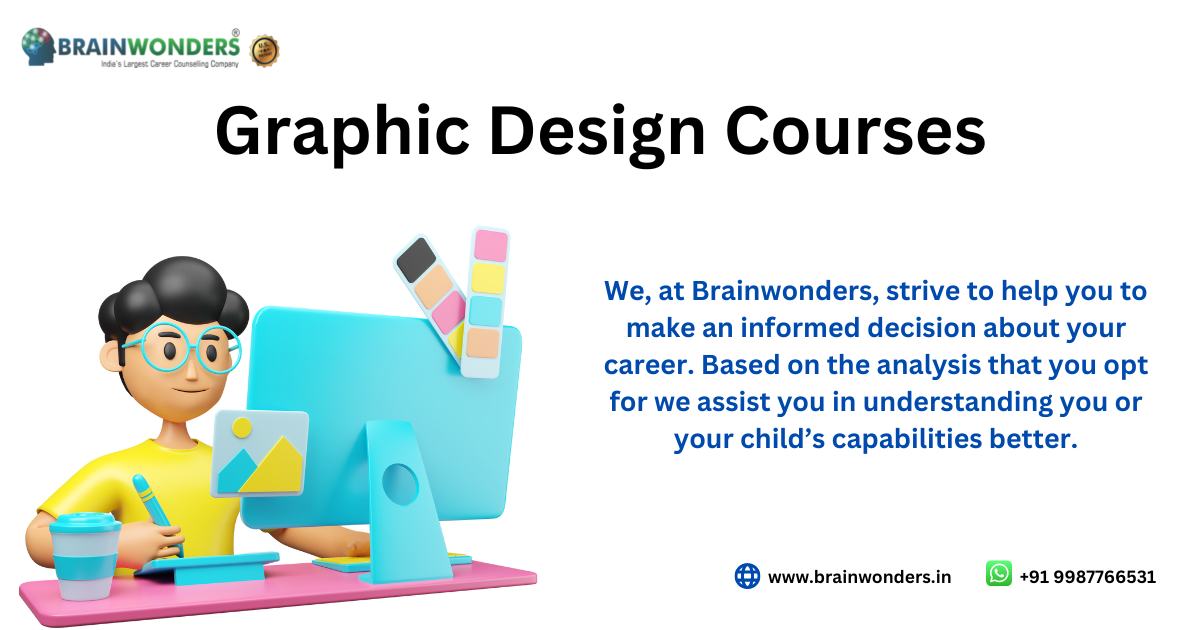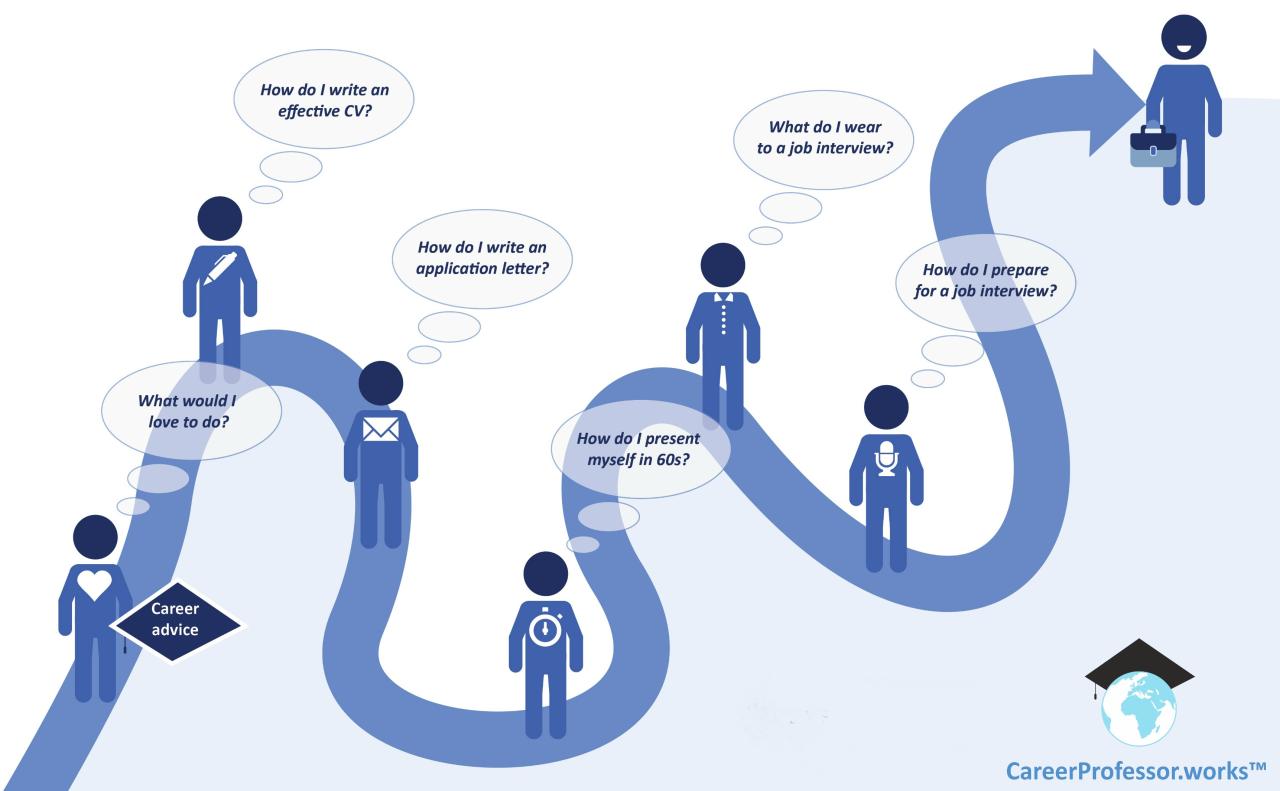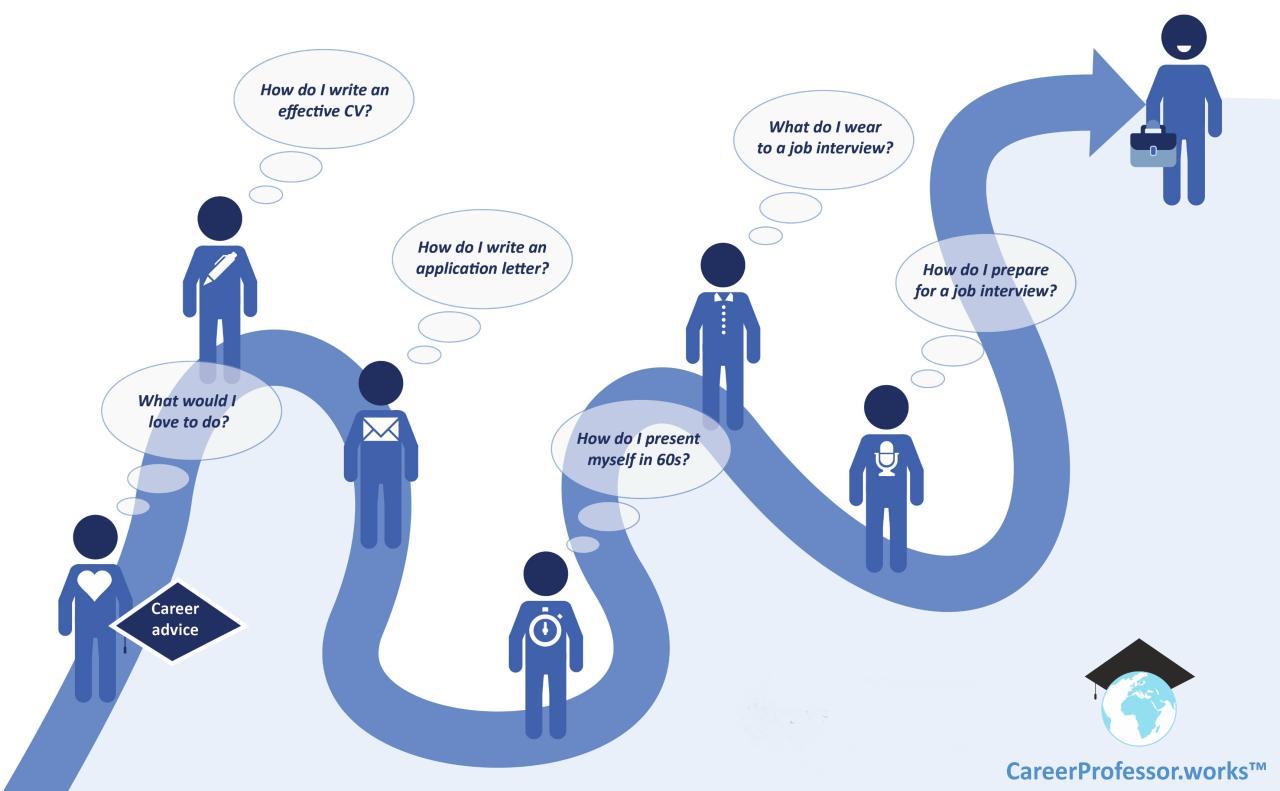Top-rated IT courses for beginners with career guidance offer a fantastic pathway into a high-demand field. The tech industry is booming, presenting incredible opportunities for those willing to learn. This guide helps you navigate the options, choose the right courses, and build a successful IT career. We’ll explore various specializations, top learning platforms, and essential skills to get you started on your tech journey.
From cybersecurity to web development and data science, we’ll cover the essential skills, tools, and learning strategies to help you land your dream IT job. We’ll also discuss building a strong resume, acing interviews, and networking effectively to maximize your career prospects. Get ready to launch your tech career!
Introduction to Top-Rated IT Courses for Beginners
The IT industry is booming, creating a massive demand for skilled professionals. A career in IT offers excellent job security, high earning potential, and the opportunity to work on cutting-edge technologies. Many successful IT professionals started their journey with beginner-level courses, transforming their skills and career paths. Let’s explore some compelling examples and potential career paths.
Benefits of an IT Career

An IT career offers numerous advantages. High salaries are common, especially for specialized roles. The work is often intellectually stimulating and allows for continuous learning and skill development. Job opportunities are plentiful and geographically diverse, allowing for flexibility in location and lifestyle. Furthermore, the impact of IT on various industries provides a sense of purpose and contribution.
IT Success Stories
Consider these three examples of individuals who leveraged beginner IT courses to launch successful careers:
- Sarah: After completing a beginner web development course on Udemy, Sarah landed a junior developer role at a tech startup. Her initial project involved building a company website, quickly proving her skills and leading to promotions.
- David: A cybersecurity course on Coursera provided David with the foundational knowledge to transition from a customer service role to a cybersecurity analyst position. His skills in threat detection and incident response quickly became valuable assets.
- Maria: Maria, after learning data analysis through an online course, became a data analyst for a major retail company. Her ability to extract insights from large datasets helped the company improve sales strategies and customer engagement.
Comparison of IT Career Paths, Top-rated IT courses for beginners with career guidance
Choosing the right specialization is crucial. Here’s a comparison of three popular paths:
| Career Path | Skills Required | Average Salary (USD, approximate) | Job Outlook |
|---|---|---|---|
| Cybersecurity | Network security, ethical hacking, incident response | $80,000 – $150,000+ | Excellent |
| Web Development | HTML, CSS, JavaScript, backend languages (Python, Java, etc.) | $60,000 – $120,000+ | Excellent |
| Data Science | Statistics, programming (Python, R), data visualization | $90,000 – $180,000+ | Excellent |
Identifying Top-Rated Courses
Choosing a high-quality online course is essential for a successful start in IT. Several factors should be considered when making your selection.
Criteria for Evaluating Online IT Courses
Key factors to consider include instructor expertise (look for instructors with industry experience), curriculum relevance (ensure the course covers in-demand skills), student reviews (check for feedback on course content and teaching style), and the course’s overall structure and support.
Comparison of Online Learning Platforms
Three popular platforms offer excellent beginner IT courses:
- Coursera: Offers courses from top universities and organizations, often featuring structured learning paths and certifications.
- Udemy: Provides a vast library of courses, many at affordable prices, with a focus on practical skills and project-based learning.
- edX: Similar to Coursera, edX partners with universities to offer high-quality courses, many of which are free to audit.
Essential Features of Beginner-Friendly IT Courses
Look for these features in a beginner course:
- Clear and concise explanations
- Hands-on projects and exercises
- Supportive community forums
- Regular quizzes and assessments
- Instructor interaction and feedback
Top-Rated Courses by Specialization
Here are five top-rated courses for each of three specializations (Note: Course availability and ratings may change. Always check current reviews and course details before enrolling):
| Specialization | Course Name | Platform | Description |
|---|---|---|---|
| Cybersecurity | Introduction to Cybersecurity | Coursera | Covers fundamental cybersecurity concepts and principles. |
| Cybersecurity Fundamentals | Udemy | Practical course focusing on hands-on skills and tools. | |
| Networks and Security | edX | Explores network security protocols and best practices. | |
| Ethical Hacking | Udemy | Introduces ethical hacking techniques and methodologies. | |
| Security+ Certification Prep | Udemy | Prepares students for the CompTIA Security+ certification exam. | |
| Web Development | Web Development for Beginners | Coursera | Introduces HTML, CSS, and JavaScript fundamentals. |
| Complete Web Development Bootcamp | Udemy | Comprehensive course covering front-end and back-end development. | |
| Introduction to Computer Science and Programming Using Python | edX | Teaches Python programming for web development. | |
| Responsive Web Design | Coursera | Focuses on creating responsive websites for different devices. | |
| Full Stack Web Development | Udemy | Covers both front-end and back-end development using popular frameworks. | |
| Data Science | Data Science for Beginners | Coursera | Introduction to data science concepts and techniques. |
| Python for Data Science and Machine Learning Bootcamp | Udemy | Teaches Python programming for data science applications. | |
| Data Analysis with R | edX | Introduces data analysis using the R programming language. | |
| Introduction to Data Mining | Coursera | Covers data mining techniques and algorithms. | |
| Machine Learning | Udemy | Introduces machine learning concepts and algorithms. |
Curriculum and Learning Methods
Beginner IT courses typically follow a structured curriculum and employ various learning methods to ensure effective knowledge transfer.
So you’re looking at top-rated IT courses for beginners, hoping to land a sweet gig? That’s awesome! A solid skillset opens many doors, and podcasting is a surprisingly accessible one. To get started, you might want to check out this guide on finding the right AI voice generator for podcasting , as voiceovers are a big part of the process.
Once you’ve got your audio game on point, those IT skills will help you level up your podcast’s tech side, making it even better. Ultimately, a combination of technical and creative skills will help you find success.
Typical Structure of a Beginner IT Course
A typical beginner course begins with foundational concepts, progressing to more advanced topics through modules focusing on core skills and practical applications. Modules often include quizzes and assignments to reinforce learning.
Learning Methods in Online IT Courses

Online courses utilize a blend of learning methods. Video lectures provide theoretical knowledge, hands-on projects allow for practical application, quizzes assess understanding, and forums foster community interaction and support.
Importance of Practical Exercises and Projects
Practical exercises and projects are crucial for mastering IT skills. They bridge the gap between theory and practice, allowing students to apply their knowledge and develop problem-solving abilities. Real-world project experience strengthens resumes and portfolios.
Sample Weekly Schedule for a Beginner IT Course
This is a sample schedule and may vary depending on the course:
| Day | Activity | Learning Objective |
|---|---|---|
| Monday | Introduction to Programming Concepts; Video Lectures & Reading | Understand basic programming terminology and concepts. |
| Tuesday | Hands-on coding exercises; Practice problems | Apply basic programming concepts through coding exercises. |
| Wednesday | Quiz on programming fundamentals; Review session | Assess understanding of fundamental programming concepts. |
| Thursday | Introduction to Data Structures; Video Lectures & Reading | Understand different data structures and their applications. |
| Friday | Project: Implementing a simple data structure; Peer review | Apply knowledge of data structures through a practical project. |
Career Guidance and Job Search Strategies
Securing an entry-level IT position requires a strategic approach to resume building, networking, and the job search process itself.
So you’re looking at top-rated IT courses for beginners with career guidance? That’s awesome! Starting with the basics is key, and many programs offer great foundational knowledge. But once you’ve got the hang of it, you’ll want to check out resources like this list of best online IT courses for career advancement to really boost your skills and job prospects.
Then, you can refine your focus and continue your journey with more advanced, specialized training.
Building a Strong IT Resume and Cover Letter
Highlight relevant skills, projects, and accomplishments. Quantify achievements whenever possible (e.g., “Increased website efficiency by 15%”). Tailor your resume and cover letter to each job application, emphasizing skills relevant to the specific role.
Networking and Industry Events
Networking is vital. Attend industry events, conferences, and meetups to connect with professionals, learn about job opportunities, and build your professional network. Online platforms like LinkedIn are also excellent resources for networking.
Effective Job Search Strategies
Utilize job boards (Indeed, LinkedIn, Glassdoor), company websites, and networking contacts. Customize your application materials for each job, and follow up on applications.
Preparing for a Technical Interview
Practice coding challenges on platforms like LeetCode or HackerRank. Prepare for behavioral questions by reflecting on your experiences and skills. Research the company and the role thoroughly.
Types of Entry-Level IT Jobs
Entry-level roles include Junior Developer, Help Desk Technician, Data Analyst, Cybersecurity Analyst, and Network Administrator. Each requires a specific skill set, so focus on building skills relevant to your chosen specialization.
Essential Skills and Tools for Beginners
Specific skills and tools are crucial for success in each IT specialization.
In-Demand IT Skills for Beginners
Five highly sought-after skills include problem-solving, communication, teamwork, adaptability, and a foundational understanding of programming and operating systems.
Essential Tools and Software
Tools vary by specialization. Cybersecurity uses tools like Wireshark and Kali Linux. Web development utilizes HTML editors, code editors (VS Code, Sublime Text), and version control systems (Git). Data science relies heavily on Python or R, along with libraries like Pandas, NumPy, and Scikit-learn.
Setting Up a Basic Development Environment
Setting up a development environment typically involves installing an operating system (like Windows, macOS, or Linux), a code editor, and any necessary programming languages and libraries. Detailed instructions are readily available online for specific environments.
Workflow of a Typical IT Project
A typical IT project follows a structured workflow: Requirement gathering, design, development, testing, deployment, and maintenance. Each phase involves specific tasks and deliverables, with collaboration and communication crucial throughout the process. Consider a flowchart where each step is clearly defined with dependencies, illustrating a linear or iterative approach depending on the project’s methodology (Agile, Waterfall).
Continuing Education and Professional Development
The IT field is constantly evolving, requiring continuous learning to stay competitive.
Importance of Continuous Learning
Continuous learning is essential for staying current with new technologies and maintaining a competitive edge. New programming languages, frameworks, and security threats emerge regularly, demanding ongoing professional development.
Resources for Staying Updated
Utilize online courses, industry blogs, podcasts, conferences, and professional organizations to stay informed about the latest trends. Following industry leaders on social media and participating in online communities also helps.
Benefits of Obtaining Relevant Certifications
Certifications validate skills and enhance career prospects. They demonstrate commitment to professional development and can increase earning potential. Many employers prefer candidates with relevant certifications.
So you’re looking at top-rated IT courses for beginners with career guidance? That’s awesome! A strong skillset is key, and you might find yourself needing to create presentations or tutorials; that’s where a tool like this ai voice generator can be a real game-changer. It can help you polish your projects and boost your portfolio, making you stand out when applying for those beginner IT roles.
Remember, a great course paired with practical application is the best way to launch your IT career.
Certifications by Specialization

| Specialization | Certification | Benefits |
|---|---|---|
| Cybersecurity | CompTIA Security+ | Demonstrates foundational cybersecurity knowledge. |
| Certified Ethical Hacker (CEH) | Validates ethical hacking skills. | |
| CISSP | Recognizes expertise in information security management. | |
| Web Development | Certified Web Developer | Shows proficiency in web development technologies. |
| Full Stack Developer Certification | Demonstrates full-stack development skills. | |
| React.js Certification | Highlights proficiency in the React framework. | |
| Data Science | Data Science Council of America (DASCA) Certification | Validates data science skills. |
| Cloudera Certified Professional: Data Scientist | Demonstrates expertise in big data analysis. | |
| Google Data Analytics Professional Certificate | Shows proficiency in data analysis using Google tools. |
Closing Summary: Top-rated IT Courses For Beginners With Career Guidance
Launching a career in IT can feel overwhelming, but with the right guidance and resources, it’s entirely achievable. This guide has equipped you with the knowledge to select top-rated courses, master in-demand skills, and develop effective job search strategies. Remember, continuous learning is key in this dynamic field. So, start exploring the exciting world of IT, and build a fulfilling and successful career!
Top FAQs
What if I have no prior IT experience?
Many beginner IT courses are designed for absolute beginners. They start with the fundamentals, gradually building your skills and knowledge.
How long do these courses typically take?
Course lengths vary, ranging from a few weeks to several months, depending on the specialization and intensity.
Are these courses expensive?
Costs vary depending on the platform and course content. Some offer free courses, while others charge fees, often with payment plans available.
What kind of job can I get after completing a beginner IT course?
Entry-level positions like help desk technician, junior developer, or data analyst are common starting points. The specific role depends on your chosen specialization.
How do I choose the right course for me?
Consider your interests (e.g., cybersecurity, web development), the platform’s reputation, course reviews, and the skills taught. A clear curriculum and practical projects are also important.
